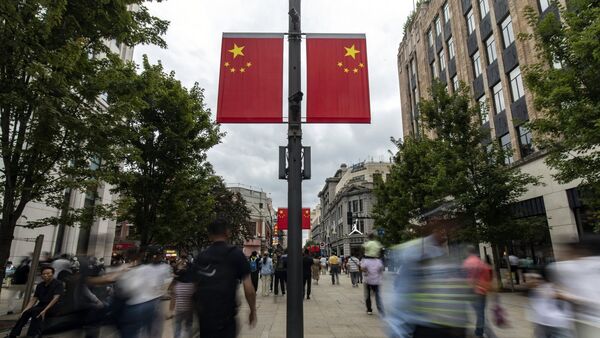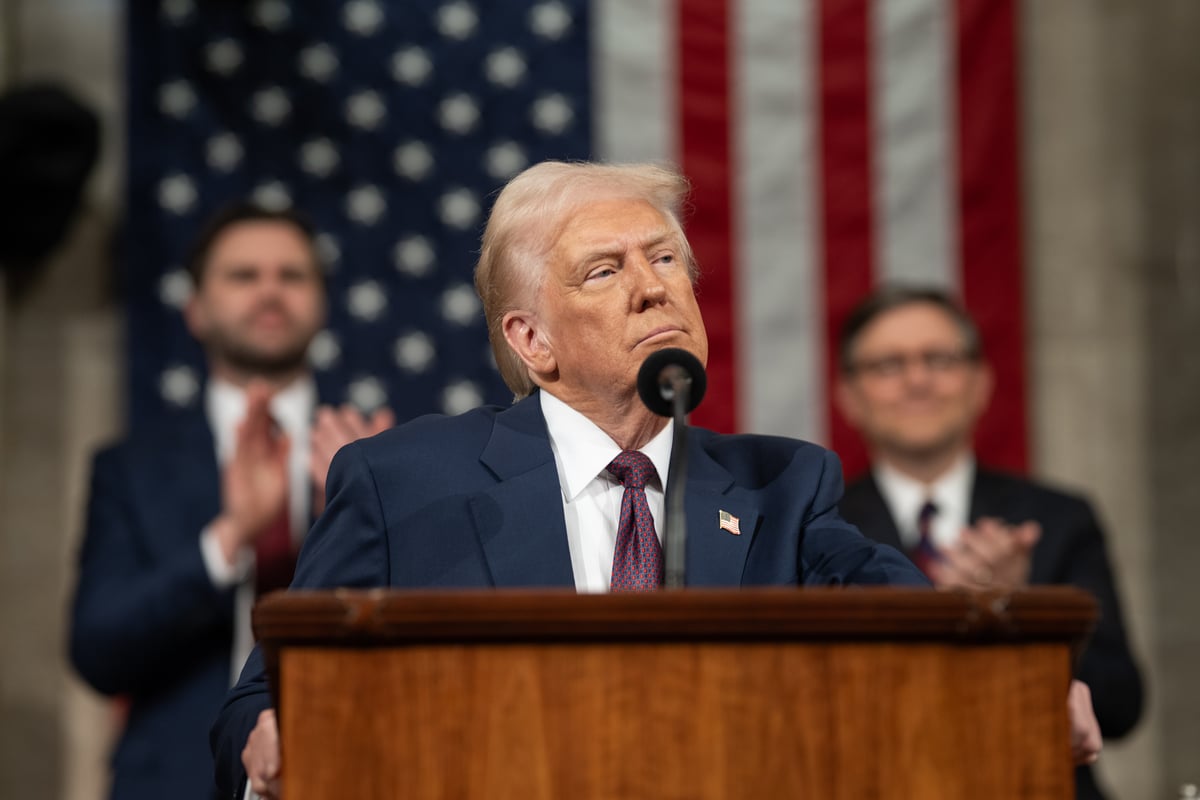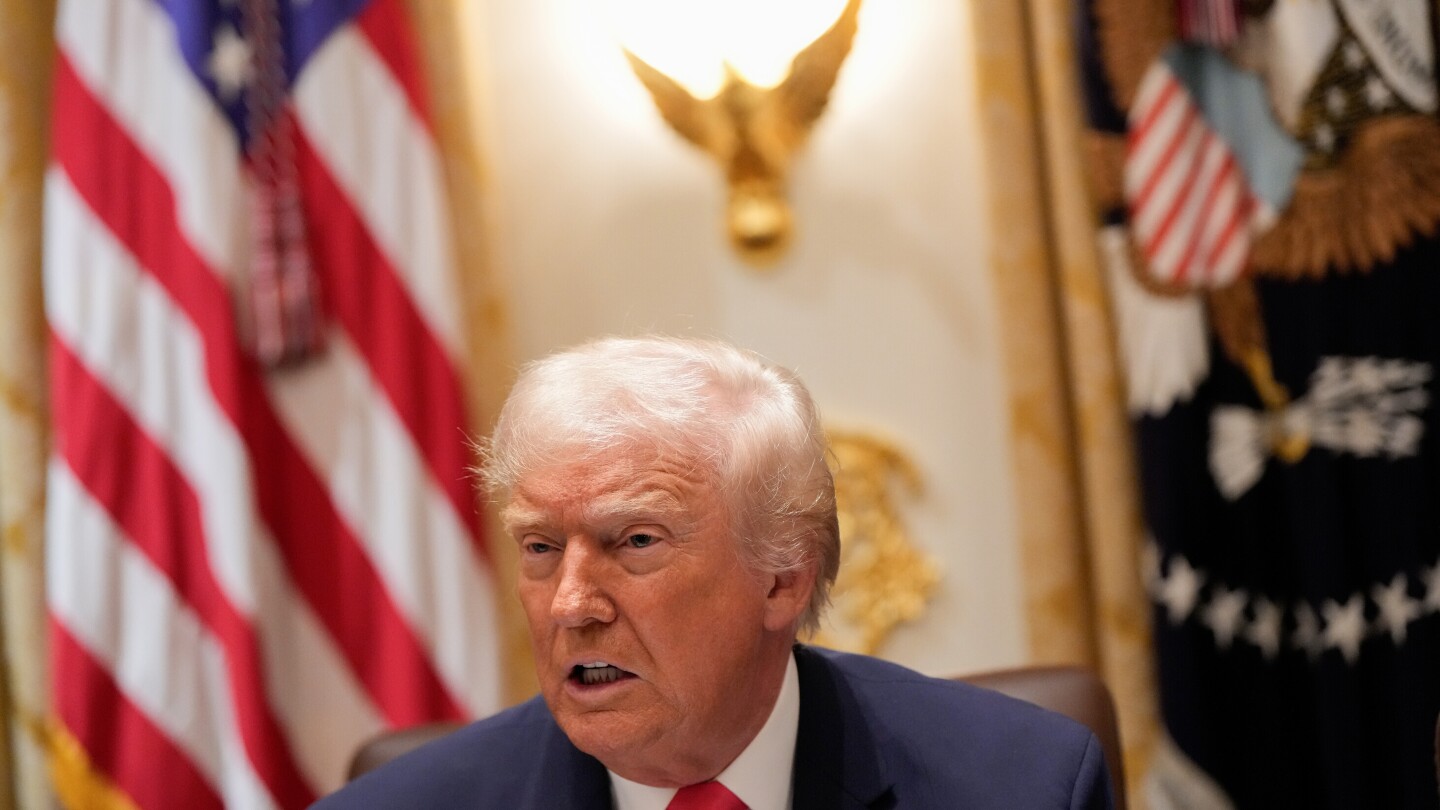Chinese stocks have struggled for traction since returning from the Lunar New Year break, adding pressure on Beijing to provide more support and restore confidence in an economy grappling with a property slump and stubborn deflation.
The nation’s benchmark CSI 300 Index has been muted in trading this week despite steps motivating share-buying by state funds, as well as a cut to a key mortgage reference rate to help the housing market. Optimism has waned since a rally in markets before the week-long holiday, when investors cheered moves to replace the market regulator and introduce wider trading curbs.
Chinese leaders are looking for ways to put a floor under a $7 trillion stock rout that risks triggering financial and social instability. They’re also trying to inject momentum into the broader economy, which is fundamental to boosting investor confidence.
Here’s a list of measures that have either been announced or reported on since the start of the year.
Feb. 20:
Key Lending Rate Cut
Chinese banks cut the five-year loan prime rate, a key reference rate for mortgages, by a record 25 basis points. The larger-than-expected reduction — which brought the cost down to 3.95% — was the first since June. It will allow more places across the country, including mega-cities Beijing and Shanghai, to lower the minimum mortgage rates for home buyers with an aim to stimulate sluggish housing demand.
Feb. 19:
‘National Team’ Purchases Continue
Several exchange-traded funds in China tracking the nation’s stocks saw a surge in turnover on the first trading day after the holiday, a likely sign that state-backed funds continue to support the market. The so-called national team helped the CSI 300 advance in afternoon trading after it struggled to maintain gains for much of the day.
Also Read: Chicago Distressed Properties Lure Bargain-Hunting Buyers
Feb. 18:
Premier’s New Year Call
Chinese Premier Li Qiang called for “pragmatic and forceful” action to boost the nation’s confidence in the economy. Officials should focus on solving practical problems faced by individuals and companies as the holiday ends, Li said, adding that they need to “win the trust of the people with real work and achievement.”
Feb. 7:
Top Securities Regulator Replaced
In a surprise move after markets had closed for the day, Beijing replaced the head of its securities regulator. Wu Qing, a banking and regulation veteran who earned the reputation as “the broker butcher” when he led a crackdown on traders in the mid-2000s, is replacing Yi Huiman as chairman and party chief of the China Securities Regulatory Commission, according to the official Xinhua News Agency.
Feb. 6:
Funding Support for Developers
China’s financial regulator calls for further, prompt implementation of a financing coordination mechanism to support developers at a meeting, according to a statement.
Regulators Plan to Brief Xi
Regulators plan to brief President Xi Jinping on the market as soon as Tuesday, Bloomberg News reported. While it’s unclear whether any new support measures will come out of the Xi meeting, traders are hoping this time will be different.
Also Read: India’s surprising GDP growth rate leaves economists puzzled. Here’s why
Sovereign Wealth Fund Pledges Support
Central Huijin Investment Ltd., the unit that holds Chinese government stakes in big financial institutions, said it will buy more exchange-traded funds. The securities regulator vowed in a follow-up comment to maintain stable market operations, adding that authorities will continue to guide various institutional investors and funds to enter the market with greater efforts.
M&A and Restructuring Support
China will strongly support listed companies to enhance their investment value through mergers, acquisitions and restructuring, the China Securities Regulatory Commission said in a statement.
‘National Team’ Buying Shares
The so-called national team has bought roughly 70 billion yuan ($9.7 billion) of onshore Chinese shares in the past month, according to estimates by Goldman Sachs, adding that 200 billion yuan or ~0.8% of free float market capitalization is needed to stabilize the market.
The national team refers to a group of Chinese state funds tasked to support markets. Meantime, overseas investors, which may include offshore proxies for such state funds, bought another 1.7 billion yuan of mainland stocks via trading links with Hong Kong Wednesday, marking the seventh consecutive session of inflows.
Restricting Sales
China is tightening trading restrictions on domestic institutional investors as well as some offshore units as authorities fight to stem a deepening stock rout, according to people familiar with the matter.
Officials this week imposed caps on some brokerages’ cross-border total return swaps with clients, limiting a channel that can be used by China-based investors to short Hong Kong stocks, said the people, asking not to be identified discussing a private matter. At the same time, some Chinese brokers that use the channel to buy mainland shares for their offshore units were told not to reduce their positions, the people said.
Feb. 5:
Monetary Stimulus
Beijing added about 1 trillion yuan into markets Monday with the previously announced cut to banks’ reserve requirement ratio taking effect. That has helped keep cash ample, with money markets showing few signs of stress.
Regulators Check in With Listed Firms
China’s regulatory officials visited listed companies in 20 provinces and municipalities from Jan. 29-Feb. 4, according to a statement from China Securities Regulatory Commission. Regulators are accelerating their process to solve issues raised by listed companies on taxation policy, financing, land, imports and exports, as well as intellectual property right protection.
Help for Home Builders
Cash-strapped Chinese property developers said a range of their housing projects have been listed as eligible for funding under the latest program to support the ailing sector. The flurry of activity comes just three weeks after Beijing urged local authorities to draft a list of projects eligible for funding. Policymakers want risk-averse banks to step up lending to the real estate sector, which saw credit growth slow to the weakest in more than a year last quarter, undermining developers’ ability to complete homes.
Promise to Deal with Margin Call Risks
China stock traders are unwinding their margin debt rapidly, underscoring how a prolonged sell-off may be leading to some forced share liquidation. In response, the securities regulator said it will guide brokerages to adjust their margin call levels and maintain “flexible” liquidation lines in an effort to reduce pressure from forced selling of pledged shares.
Feb. 4:
Regulator Vows to Prevent ‘Abnormal Fluctuations’
The China Securities Regulatory Commission vowed to prevent abnormal fluctuations, saying it would guide more medium- and long-term funds into the market and crack down on illegal activities including malicious short selling and insider trading.
Feb. 1:
PBOC Supports Housing and Infrastructure
The People’s Bank of China released data showing it provided 150 billion yuan worth of low-cost funds for lending to housing and infrastructure projects in the previous month, stepping up support for the economy.
Share Buybacks
Firms listed in mainland China and Hong Kong spent 14 billion yuan and HK$21 billion ($2.6 billion) repurchasing shares last month, respectively, each marking a record since 2021 when Bloomberg began compiling the data.
Jan. 28:
Securities Lending Restriction
Securities regulators said they will halt the lending of certain shares for short selling, the latest attempt to put a floor under the stock market rout. Strategic investors, which typically refers to holders with restricted shares, won’t be allowed to lend out the stock during agreed lock-up periods.
Jan. 27:
Real Estate Easing
Guangzhou, one of China’s biggest cities, further loosened home-buying curbs in a bid to stem falling prices. Beijing, Shanghai and Shenzhen have lowered down-payment requirements since November.
Jan. 26:
Aid for Developers
The Ministry of Housing and Urban-Rural Development said it will provide a list of housing projects eligible for funding support by the end of the month, the latest attempt to boost lending for real estate to slow the sector’s slump.
The same day, the National Financial Regulatory Administration urged banks to support requests by qualified developers including extending existing loans and adjusting repayment arrangements.
Jan. 24:
RRR Cut, Property Loans, More
People’s Bank of China Governor Pan Gongsheng said the central bank will lower the reserve requirement ratio — the amount of cash lenders must keep in reserve — by 0.5 percentage points on Feb. 5 to release 1 trillion yuan in long-term liquidity to the market. The announcement, coming after official data showed the nation’s economy was still grappling with major challenges, marked the biggest RRR cut since 2021.
Hours later, regulators unveiled more measures, including broadening the use of commercial property loans for developers to help them repay other debt.
The same day, authorities in China and Hong Kong announced steps to deepen financial ties, including facilitating real estate purchases and expanding a program that allows for personal investments in the Greater Bay Area, a region of 70 million people that includes Hong Kong and megacities in the southern mainland such as Shenzhen and Guangzhou.
Jan. 23:
Stock Rescue Package
Policymakers are considering using about 2 trillion yuan, mainly from the offshore accounts of Chinese state-owned enterprises, as part of a stabilization fund to buy shares onshore through the Hong Kong exchange link, Bloomberg reported. They have also earmarked at least 300 billion yuan of local funds to invest in onshore shares through China Securities Finance Corp. or Central Huijin Investment Ltd. A day earlier, Premier Li Qiang asked authorities to take more “forceful” measures to stabilize the stock market and investor confidence. His request came after the CSI 300 Index touched a five-year low.
Jan. 19:
Signs of State Buying
The aggregate turnover in some of the country’s top exchange-traded funds — commonly watched for signs of state-led buying — reached the third-largest weekly total ever. It was the most since July 2015, when the national team tried to offset selling momentum amid an epic bubble bursting.
Jan. 16:
Special Bonds
China is considering 1 trillion yuan of new debt issuance under a so-called special sovereign bond plan, Bloomberg News reported. The proposal discussed by senior policymakers would involve the sale of ultra-long sovereign bonds to fund projects related to food, energy, supply chains and urbanization.
Jan. 5:
Rental Housing
The PBOC and the NFRA published guidelines on financial support for the development of the market for rental housing. That included a policy to encourage banks to provide loans for developers, industrial zones, certain rural organizations and companies to build new homes for long-term renting or renovating existing facilities for that purpose.
Unlock a world of Benefits! From insightful newsletters to real-time stock tracking, breaking news and a personalized newsfeed – it’s all here, just a click away! Login Now!
Catch all the Business News, Market News, Breaking News Events and Latest News Updates on Live Mint. Check all the latest action on Budget 2024 here. Download The Mint News App to get Daily Market Updates.
Published: 01 Mar 2024, 06:30 AM IST
















